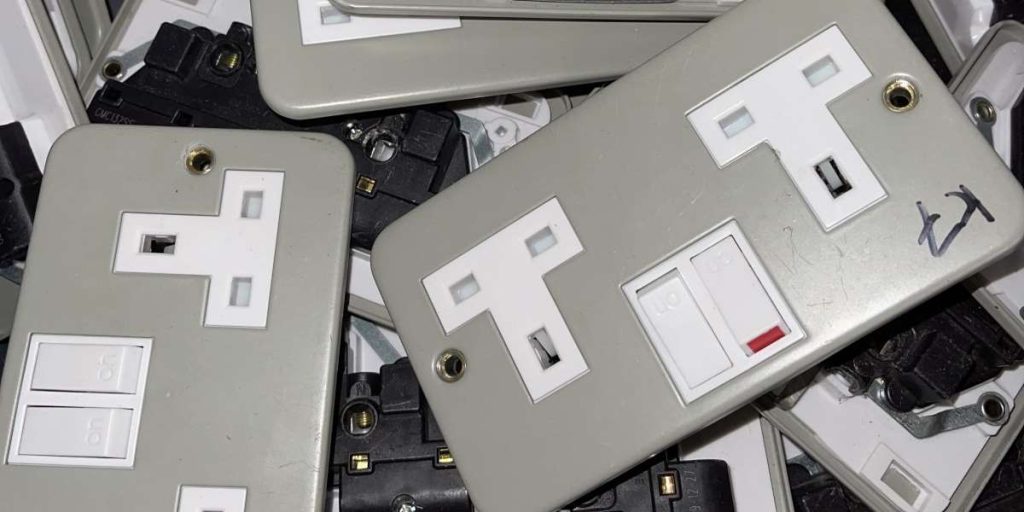
If you’re considering a career as an electrician it’s vital that you fully understand the training and qualifications you need to complete and obtain before you begin working in the field.
Given the varied nature of the profession, different people will need to consider different types of qualifications depending on the kind of work they expect to be taking on.
What entry-level qualifications do I need to begin training as an electrician?
As outlined on the National Careers Service website, the required entry requirements will depend on the method you choose to begin your electrical training. If you opt for an apprenticeship or college course, you’ll generally be required to hold 2 or more GCSEs at grades 9 to 3 (A* to D), or equivalent for a level 2 course, and 4 or 5 GCSEs at grades 9 to 4 (A* to C), or equivalent for a level 3 course.
Alternatively, if you choose to complete your training with a private provider, this doesn’t require any previous academic qualifications.
What qualifications does an electrician need before beginning work?
Technically, no prior training and qualifications are needed if you choose to enter the industry as an apprentice, as you’ll begin working under the supervision of a qualified electrician while completing your learning.
If you’re not going down the apprenticeship route, you'd start with a level 2 course (City & Guilds 2365 - 02). This is the industry-recognised route for new entrants as this will give you hands-on underpinning knowledge. After that, it’s advisable to have the 18th Edition at this point, before moving on to your level 3, as it’s something employers look for.
In the electrical industry, being ‘fully qualified’ generally refers to an electrician who has trained up to NVQ Level 3 and has undertaken an AM2. Level 3 is also the standard (along with 2 years’ worth of experience in the field) required to register with bodies like the NICEIC and be in a position to self-certify work.
Does experience count towards formal qualifications?
For those already working in the industry who are looking to obtain formal qualifications, an Experienced Worker Assessment could reduce the length of a training course depending on your prior knowledge and competence.
What other qualifications and accreditations are worth considering?
For electricians who want to work on-site, you’ll need to hold a CSCS Card, a process which involves passing a health, safety and environment test (HS&E).
While it’s not a legal requirement, it’s common for electricians to register with the National Inspection Council for Electrical Installation Contracting (NICEIC). NICEIC-accredited contractors must meet high requirements set by the regulatory body and this is something both customers and employers often look for before hiring an electrician as it offers a good indication of the individual’s skill level.
The JIB Gold Card, also known as the ECS Gold Card, is the highest identification on offer in the electrical industry and is an indication that a person has completed a formal industry-regulated competency-based qualification which combines technical theory with practical assessments to an NVQ Level 3 standard. The JIB Gold Card is a mandatory requirement for any electrician who wants to carry out work unsupervised.
Whether you’re looking to advance your electrical career or take your first steps in the industry, Able Skills offers a range of expert-led courses tailored to all levels of experience. You can find more information about all of our electrical courses online here, or feel free to visit us in the training centre where one of our team would be happy to chat.